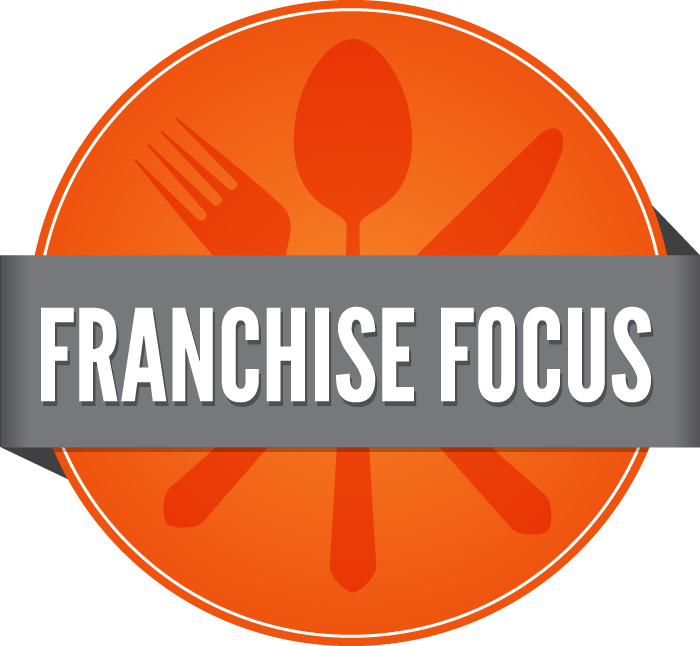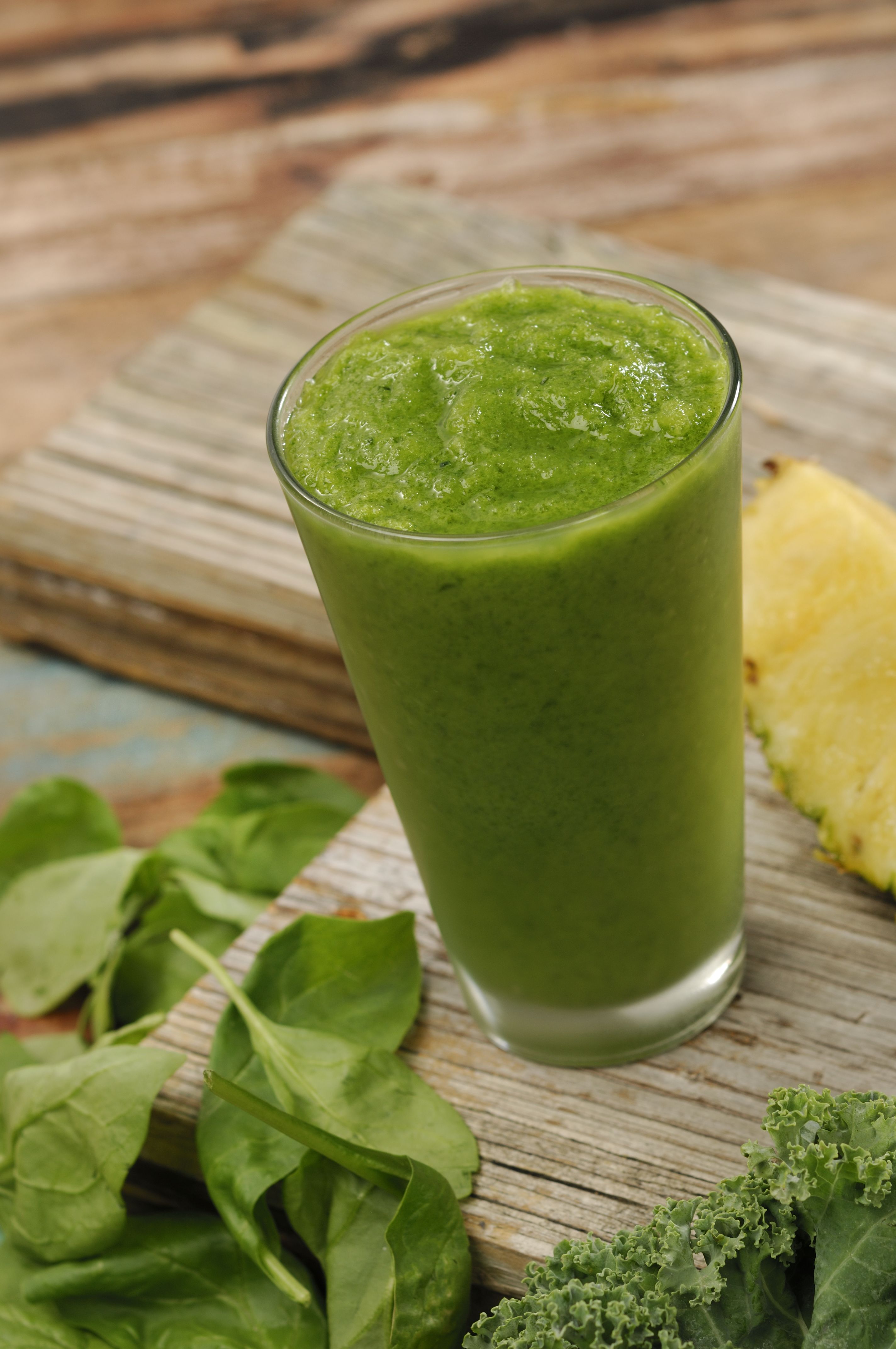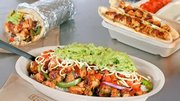Article
Franchise Focus: How Nature's Table franchises healthful eating
What makes your restaurant unique? Restaurateurs must have an answer to this question before, during and after they build their brand from the ground up. For Nature's Table, a 75-unit chain founded in Florida, being a powerhouse of healthful eating separated it from competitors.

August 12, 2016 by Matthew Harper — Intern, Networld Media Group
What makes your restaurant unique? Restaurateurs must have an answer to this question before, during and after they build their brand from the ground up. For Nature's Table, a 65-unit chain founded in Florida, being a powerhouse of healthful eating separated it from competitors.
"What truly makes us unique is the empowerment that our menu provides for our customers," said Richard Wagner, Nature's Table's SVP and co-founder. "They have so many choices of how they want to customize their meal. They are in charge of the many combinations of healthful, nutritious Super Foods, gluten friendly and vegetarian options.
Nature's Table, however, didn't quite hit its stride when Wagner's uncle, Dick Larsen, first opened it in 1977. He named it Vine and Harvest, but Wagner, who joined the family business in 1983, helped rebrand it to Nature's Table. Bryan Buffalo joined the ownership team the following year, and the group started its franchising company in 1986.
"We all had a passion for eating natural, healthful and nutritious food and that passion continues to drive the brand today," he said. 
When the men first started, they relied solely on growing the business organically, which Wagner admits wasn't exactly the right way to go.
"We should have complimented that growth with a more regional and national growth plan that we have in place today," he said. "Moreover, we would have implemented our proprietary smoothie program earlier."
Growth is on the horizon
Despite the setbacks, Wagner affirmed that many components of the brand's success today have been present since its inception.
"From the beginning, Nature's Table has undergone menu re-imagining every three years to avoid menu fatigue," he said. "We also continue to surround ourselves with great franchisees, employees and suppliers who all believe in the Nature's Table brand. We believe that is the most important growth factor."
The chain's versatile blueprint and the fact that its nutritionals exceed the requirements for Partnership for a Healthier America guidelines have contributed to the brand's growth in non-traditional locations, including inside hospitals and airports, on a college campus and inside travel center, office buildings, strip centers and malls.
"We feel that we are well positioned for continued growth in hospitals, airports and colleges," said Wagner, who recently hired a franchise sales director to help facilitate even more growth.
Learning as they grow
Wagner and his business partners didn't just jump into running a franchise. In fact, each of them owned and operated his own Nature's Table unit before taking over the company.
"We each also took the lead, and risk, in opening the first office building, strip center and military base location corporately," Wagner said. "We feel this differentiates ourselves with other brands and gives us an operational perspective as we grow the brand. This uniqueness is a big reason we've had success for 37 years." 
This fed into Nature's Table's policy when looking at potential franchisees.
"During our discovery day phase, we have [franchise candidates] work an 8-hour day at our company training store. This way, they get to experience a day in the life of a franchise owner."
Ingredients of successful franchising
Although real-life experience is important, Wagner said, Nature's Table also looks at the practical aspects of franchise hopefuls.
"We love to see passion and enthusiasm, but we also look at [possible franchisees'] management history, business experience, understanding of a P & L, their risk tolerance and their current or planned community involvement," Wagner said.
Along with the franchisees themselves, Nature's Table streamlined its sales-to-investment ratio down to an exact science. The build-out cost is between $125,000 and $250,000, so Wagner keeps a close eye on that as part of his site selection criteria.
"We feel our ratio is one of the strongest in the industry." he said. "With our many years of success in the non-traditional segment, we are able to mitigate cost through conversions and landlord contributions."
Another part of the group's cost-reduction strategy is partnering with suppliers who share the end-goal of keeping healthy food at a low price.
"We continue to work closely with our suppliers on exploring different options," he said. "With our partnership with our GPO (Group Purchasing Organization), we are able to enjoy much greater purchasing power."
The chain, for example, has a local company that manufactures its proprietary smoothie mixes.
While versatility, experience and solid branding have contributed to Nature Table's success, Wagner said it's also important to excel in the basics.
"Communication and leadership is a must in building your organization and serving guests on a daily basis," he said. "Quality service, quality ingredients, freshness, cleanliness and understanding the numbers."
Editor's note: This is a monthly series focusing on a specific franchise. If you think your franchise should be featured, email Cherryh at Cherryhc@NetWorldMediaGroup.
About Matthew Harper
Matthew Harper is in the Seminary Track program at Boyce College, and is nearing completion of his M.Div. at Southern Seminary He works at the campus writing center where he provides feedback and edits student papers. He interned in the editorial department at Networld Media Group for two years, and won a national award in a student short story competition. He attends and serves at Southeast Christian Church in Louisville and hopes to one day pursue ministry overseas.
 ChatGPT
ChatGPT Grok
Grok Perplexity
Perplexity Claude
Claude












